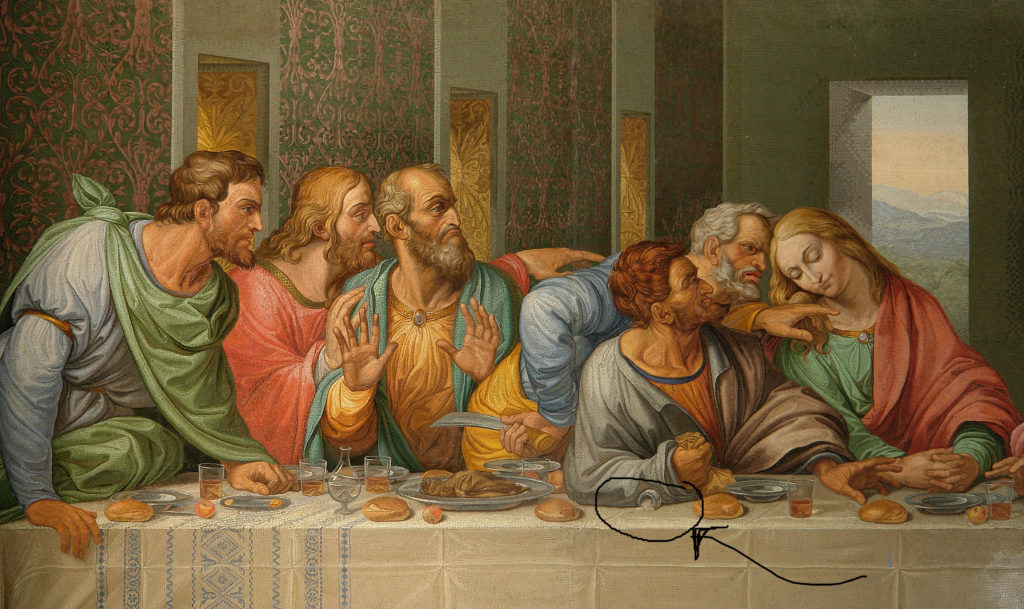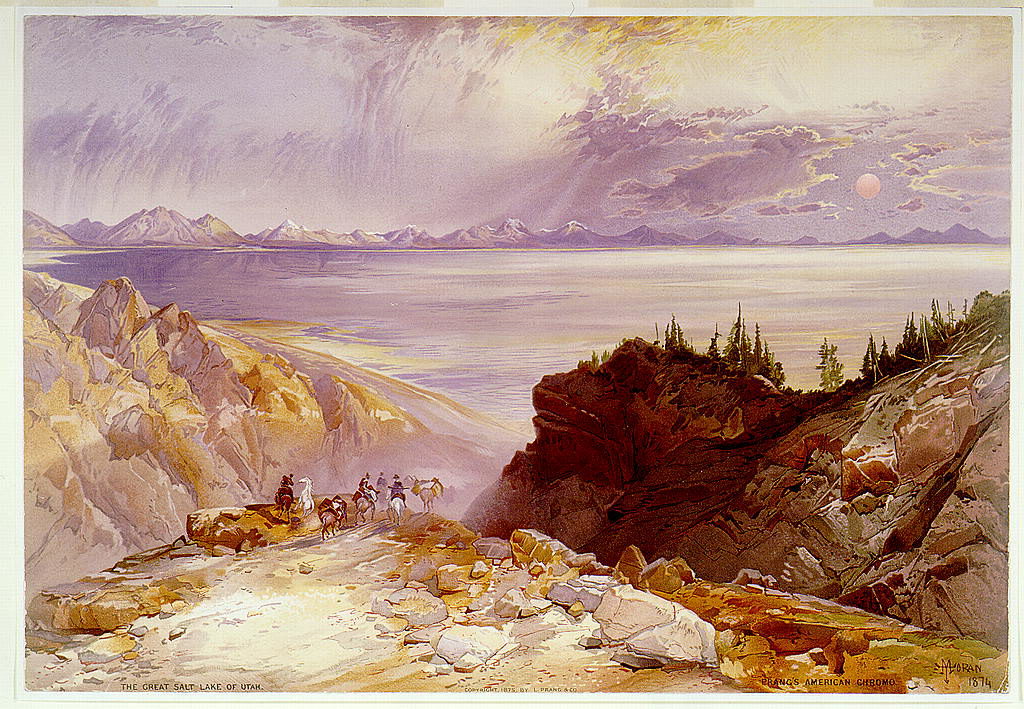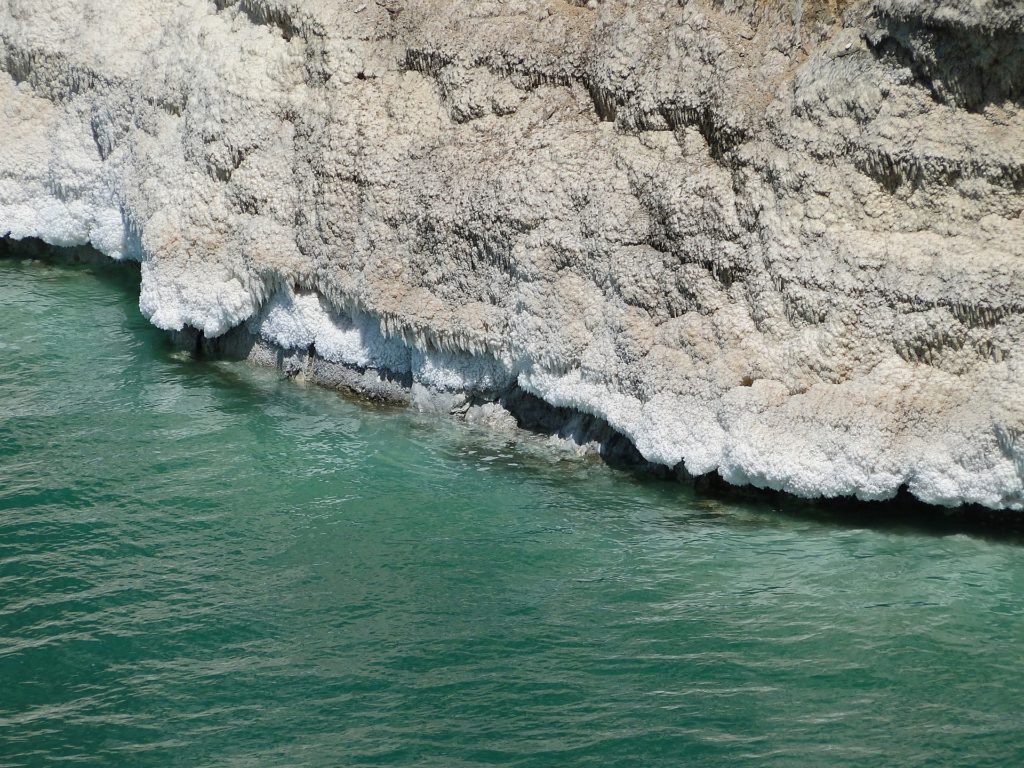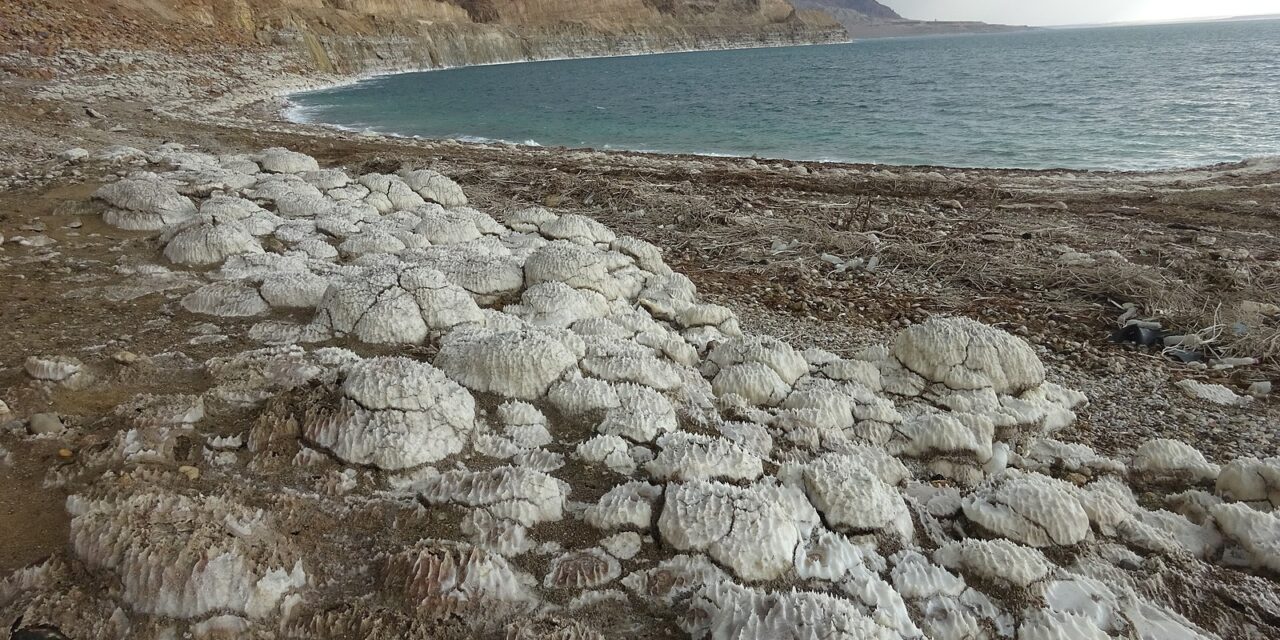I was surprised to learn about the history of salt, and I was surprised to hear that the Bible talks about a covenant of salt. Specifically, in Leviticus, God tells Moses that the Israelites —
Season all your grain offerings with salt. Do not leave the salt of the covenant of your God out of your grain offerings; add salt to all your offerings. (Leviticus 2:13)
It’s interesting that God talks about the salt of the covenant. He instructs Moses that all the offerings are to have salt added to them. And then, the Lord tells Moses that Aaron and the Levites can have all the offerings except the burnt offerings — because they don’t have a land inheritance, they get the offerings. God explains that this agreement is an everlasting covenant of salt:
Whatever is set aside from the holy offerings the Israelites present to the LORD I give to you and your sons and daughters as your perpetual share. It is an everlasting covenant of salt before the LORD for both you and your offspring.” (Numbers 18:19)
It seems that God promises the tribe of Levites, that they will always have food, that this is an everlasting covenant as long as they work in the temple. You might think the covenant of salt only had to do with offerings in the tabernacle (temple) — meat or grain. But I also found the “covenant of salt” when there was no offering, specifically when the Lord gave the kingship of Israel to David and his progeny forever:
Don’t you know that the LORD, the God of Israel, has given the kingship of Israel to David and his descendants forever by a covenant of salt? (2 Chronicles 13:5)
The covenant of salt seems to imply a lasting agreement, something that goes on forever.
Salt is a mineral that preserves foods without refrigeration. Our bodies require salt to survive. And we cannot manufacture it but must get salt (sodium) from the foods we eat. Without salt, you would die. So what is the meaning of the covenant of salt — is it God’s way of saying that it is a covenant that is preserved — lasting forever? That without the covenant, we die to the things of God?
Salt is NaCl — an ion of sodium (Na), which is a metal, reacts with chlorine ion (Cl), a poisonous gas, to create Sodium Chloride (NaCl) — a stable rock called salt. We add it to our foods, and we use it on our roads to melt ice.
When I was a child, I had a large chunk of salt rock. I was fascinated by it, and wish I still owned it today. Many years later, my husband brought home a large rock of salt that he retrieved from a salt mine in Carlsbad, New Mexico. The government was going to use the site for nuclear waste — I don’t know if they ever did.
In Leonardo DaVinci’s famous painting, “The Last Supper,” Judas has just spilled a bowl of salt. Perhaps this symbolizes a broken covenant.

Detail of the copy of the Da Vinci’s The Last Supper|Last Supper by Giacomo Raffaelli (1809), showing Judas having spilled salt
I find it interesting that Brigham Young decided to settle near the Great Salt Lake.

Thomas Moran’s rendering of the Great Salt Lake. 1874.
And the Israelites lived near the Dead Sea.

Salt deposits on the shore of Dead Sea, Jordan
Featured Image:
| Gerda Arendt |

